Black-headed Persian Sheep
Black-headed Persian Sheep / Dorper Sheep / Dormer Sheep / Mutton Merino Sheep / Merino Sheep / Awassi Sheep / Toggunberg Goat / Boer Goat
Description
A South African studbook was set up in 1906, and by the 1930s, there were 4000 registered animals. Black-headed Persian Sheep for sale.
The Persian was crossbred with local breeds and also “improved” through crossings with other breeds local to South Africa, including the Dorper. It was estimated that there were around two million Persian Blackheads in South Africa by the 1950s. Persian Sheep Characteristics
To the uninitiated, the breed is sometimes confused with goats. They are a type of hair sheep that does not grow wool, allowing them to better tolerate heat. The outstanding feature of Persian sheep is their colour and pattern. The breed comes in two basic varieties: harlequin (or speckled ) and kleurkop (which means ‘coloured head’).

Black-headed Persian Sheep
Facts about the Persian Sheep:
The pattern on each sheep is unique and can be black, brown, red, tri-colour or blue.
The kleur kop or coloured head is entirely white, except for the head, which can be either black, brown, red, tri-colour or blue.
In 1955, my late father Joe Scher started a dairy farm in the Western Cape, where we milked more than 500 cows three times a day.
We then started large exports of dairy cows to the DRC (Congo) and Namibia (South West Africa) followed by Malawi, Botswana, Lesotho, Swaziland and Uganda, among others.
We offer the following:
– Quality animals
– Decades of experience in livestock exports
– Quarantining of animals according to veterinary import permit standards and requirements
– Transport to the destination
- Raised primarily for meat
- Very healthy breed, and with the ability to put on fat in tough grazing conditions
- No lambing problems
- Even temperament
- Low water intake
- Effective foraging ability
- High-quality soft leather (known as Cape glove)
- Excellent mother line for crossbreeding
- Ability to breed every eight months and to produce a high number of twins
- Ewes lactate for approximately 84 days, produce 50 kg (110 lb) of milk with 5.9% fat
Only logged in customers who have purchased this product may leave a review.
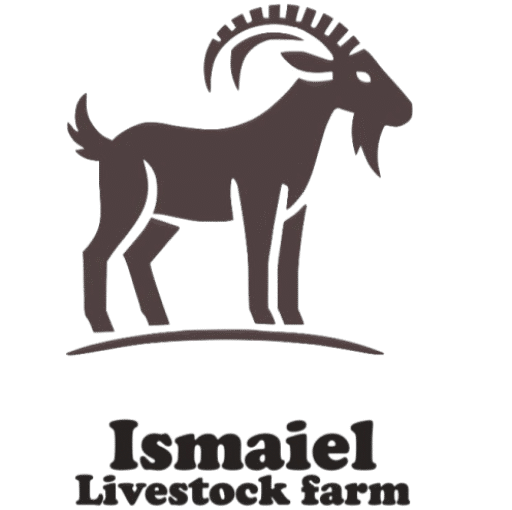
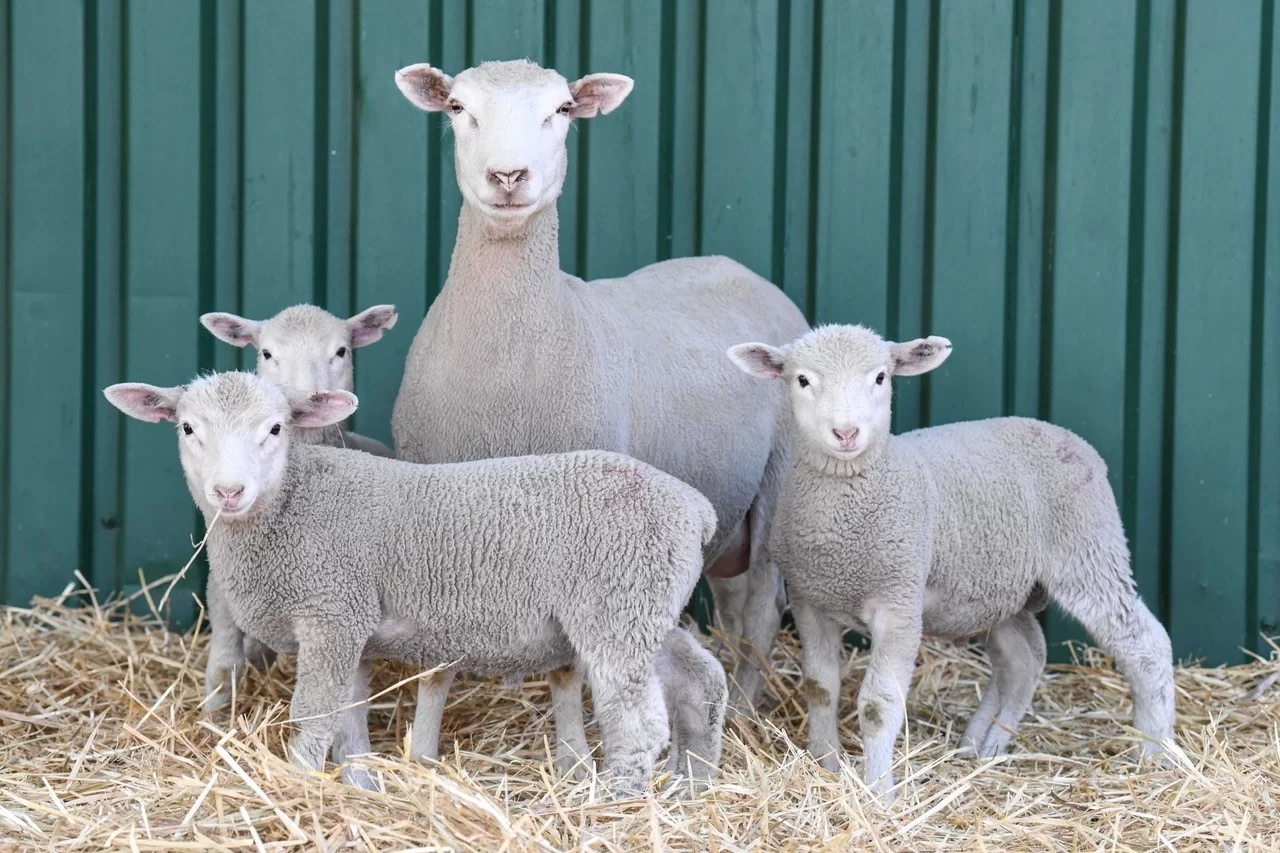
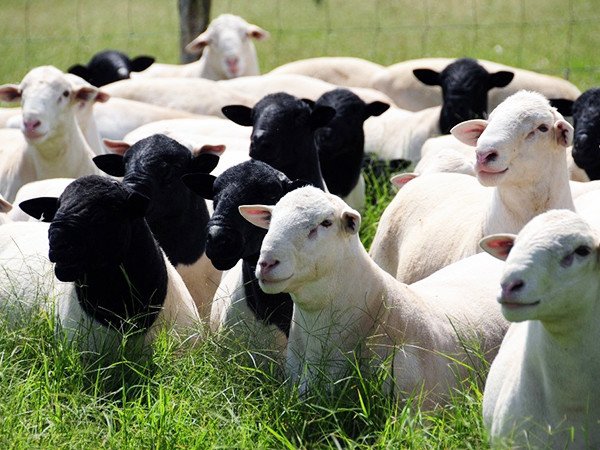
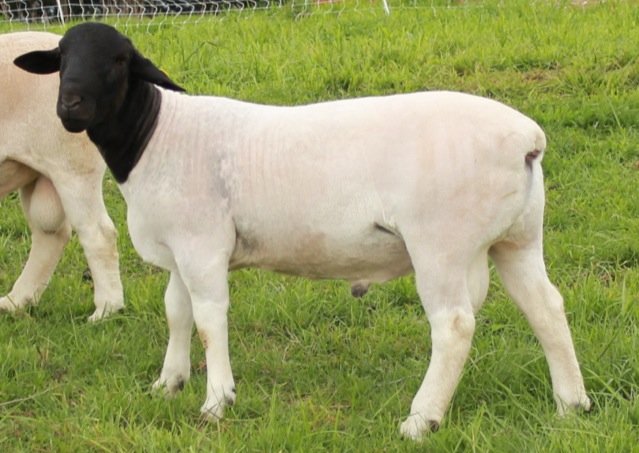
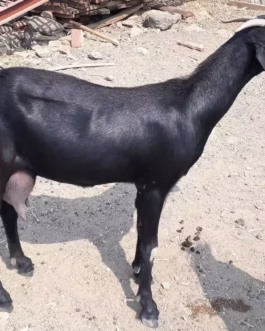

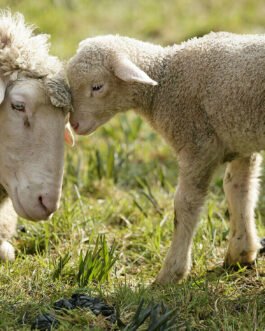
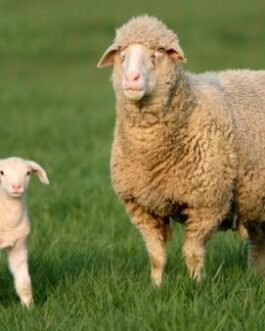
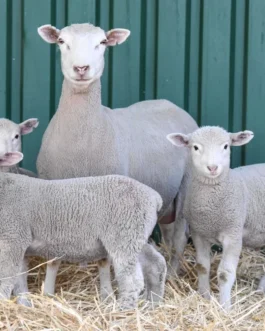
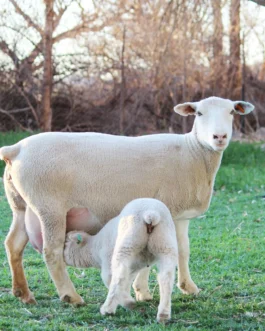
Reviews
There are no reviews yet.